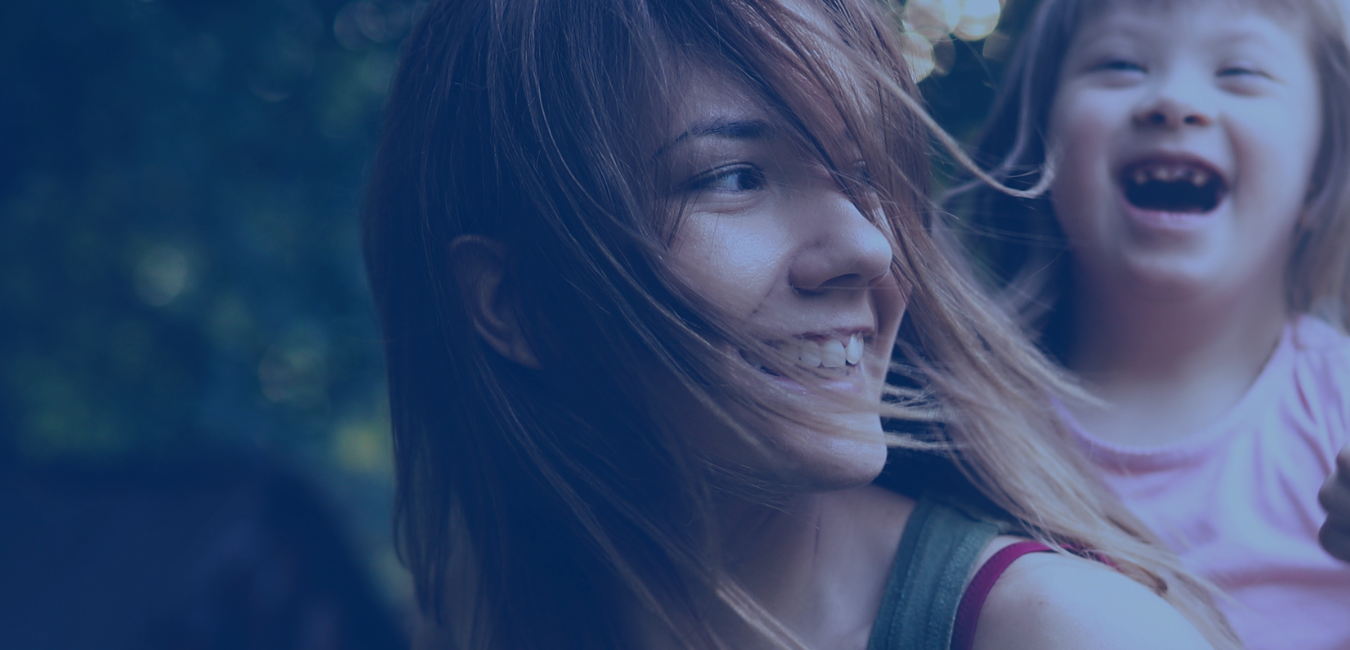
Want to know more about recent changes made to the Georgia Special Needs Scholarship?
As a result of Senate Bill 47, passed in the 2021 legislative session, changes to the Georgia Special Needs Scholarship went into effect July 1st, 2021.
Read on to learn more about improvements and changes to the program.
What do new changes to the Georgia Special Needs Scholarship include?
SB47, passed by the Georgia legislature in 2021, expands the current scholarship program to allow students with 504 plans related to the following conditions to also qualify:
ADHD
Autism spectrum disorder
Bipolar disorder
Cancer
Cerebral palsy
Cystic fibrosis
Deafness
Down syndrome
Drug or alcohol abuse
Dual sensory impairment
Dyslexia
Emotional or behavioral disorder
Epilepsy
Hearing impairment
Intellectual disability
Muscular dystrophy
Specific learning disability
Spina bifida
Traumatic brain injury
Visual impairment
Any rare disease identified by the NIH Genetic and Rare Diseases Information Center's list of rare disease disorders
Any other eligible condition as determined by the State Board of Education.
Can a student with a 504 plan who is currently in a private school become eligible?
This does not change the requirement that a student be in the public school for a prior full calendar year.
There are waivers from the one-year public school requirement for military dependents and also for students with medical needs (where approved by the State Board of Education) and a new waiver from the one-year requirement for students who have been adopted or placed in permanent guardianship from foster care.
What would the scholarship amount be?
Unlike a student with an IEP (Individualized Education Program), students with 504 plans do not receive any additional funding from the state. Therefore, their scholarship amounts would most likely be the base student funding (which would be less than the current average SB10 scholarship amounts). You can find out the exact amount that your child would generate under the scholarship on the state scholarship calculator. This is usually available in June or July for the upcoming fall school-year and can be accessed at the Georgia Department of Education’s website.
Recent changes create a one-time COVID exception from the full one prior year public school requirement.
If applying for the scholarship in the 2021-2022 school year, a student with a 504 or an IEP needs to have been enrolled in a Georgia public school and present for one student count (these take place in October or March of any school year) in either the 2019-2020 or the 2020-2021 school year.
Does this mean a student who is currently in private school or homeschooling might be eligible?
Yes. Note that this is a one-time exception so is only available for applications made in the 2021-2022 school year and the scholarship may only be used at a private school approved to accept the SB-10 Scholarship.
Changes to the program allow students to qualify who in the prior school year received preschool special education or related services through the public school.
Does this mean that my student can be eligible for the SB10 scholarship in Kindergarten, even if they have not attended public school kindergarten?
Yes. A student who received preschool special education or related services through the public school in the year prior to kindergarten would qualify. Students who attended public pre-K but did not receive preschool special education or related services would not qualify. Likewise, a student who attended a private preschool program (of any kind) but did not receive preschool special education or related services would not qualify.
The Georgia Special Needs Scholarship Program now allows students who have previously qualified for the scholarship to waive the one-year public school requirement.
Does this mean that if my student was using the SB10 scholarship at my private school and had to leave during COVID, they would qualify without having to “re-do” the one-year in public school?
Yes! In addition, if a student using the SB10 scholarship left the private school at any time, they could re-enter the SB10 scholarship program without having to re-do the one year in public school. Keep in mind that if you leave mid-year, you may still have an obligation to pay tuition for the remainder of the school year (confirm the terms with your private school).
Clarifies that private school fees such as therapies, uniforms, transportation, summer school, tutoring and other expenses authorized by the DOE qualify for expenditure of scholarship funds.
Note, this does not increase scholarship funds but clarifies a broader list of private school expenses that the scholarship can go towards.





